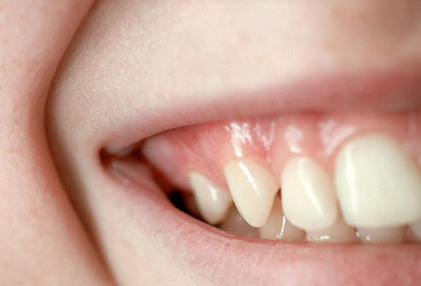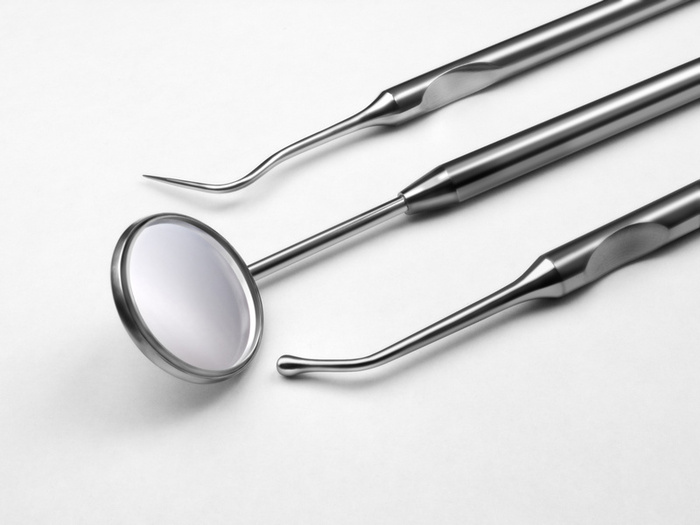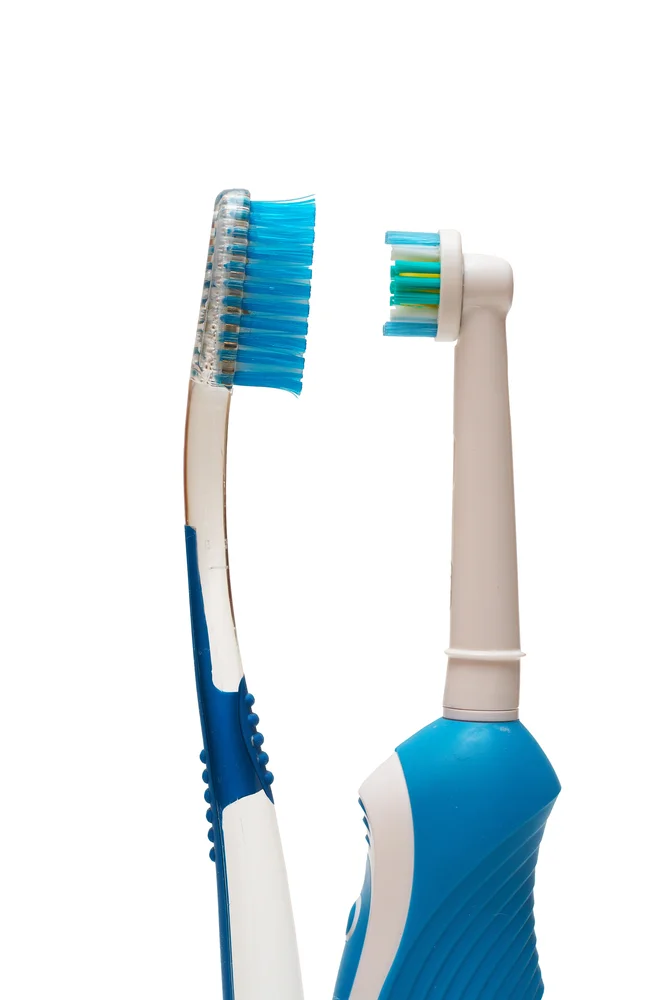While we typically think of tooth decay as a childhood disease, it can affect anyone at any age. In fact, while cavities are slowly declining in young children, 92% of adults over the age of 20 have some form of decay. This is largely attributed to "hidden sugars" in our daily diets.
Nearly everyone tries to eat healthy and stay away from sweets and sugary drinks. However, it is important to understand that sugars can "hide" in the foods we eat every day. These hidden sugars are particularly detrimental when used as snacks or consumed over a long period of time. Duration, not quantity, is the most important factor in the decay process. A prime example of hidden sugars would be cheese crackers like Goldfish or Cheez-its. While they may have a low sugar content by recipe, our saliva can break down the carbohydrates into smaller glucose and fructose molecules. Combine this with the the crackers' sticky nature and you have a perfect storm for tooth decay!
Other sugars we consume aren't quite as discreet, but still manage to sneak in without us noticing. This is particularly true in an office environment where coworkers are constantly bringing in donuts, birthday cakes and sweet treats. While we may not plan or think of these foods as part of our diet, they still can have a serious effect on our teeth.
Asking someone to give up their favorite snacks "cold turkey" is usually impossible. Instead, we suggest keeping the duration and number of snacking sessions to a minimum. For example, instead of eating a box of raisins over the course of an afternoon, try to consume all of them in an even fifteen minute period. Also, make sure to follow any snack or meal with a rinse of water and some xylitol gum. This combination is a quick and easy way to minimize bacterial activity after an influx of sugar.
If you would like to know more about tooth decay, what causes it and how we can stop the process, please call our office. The most important component of dental care is prevention, and we want to keep our patients equipped with the latest research in hygiene and oral health.















